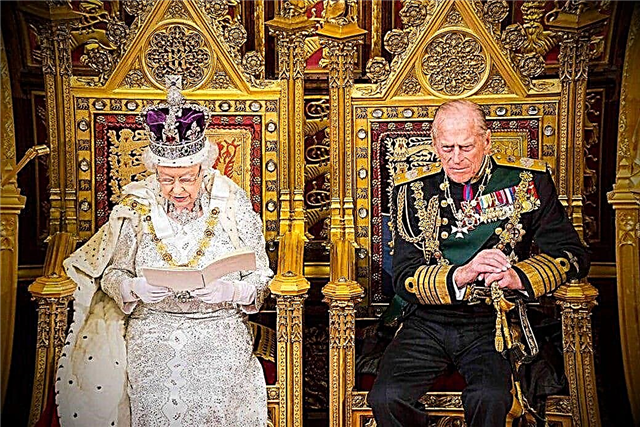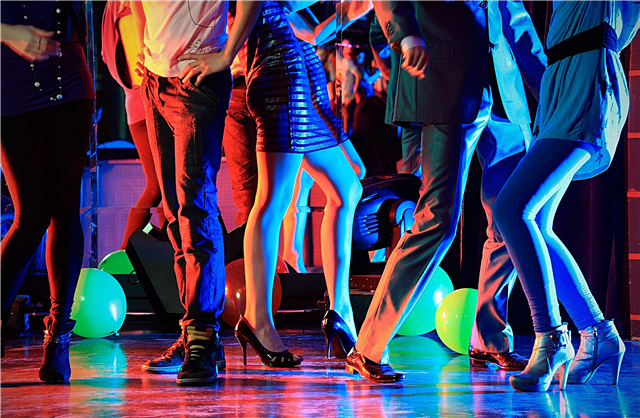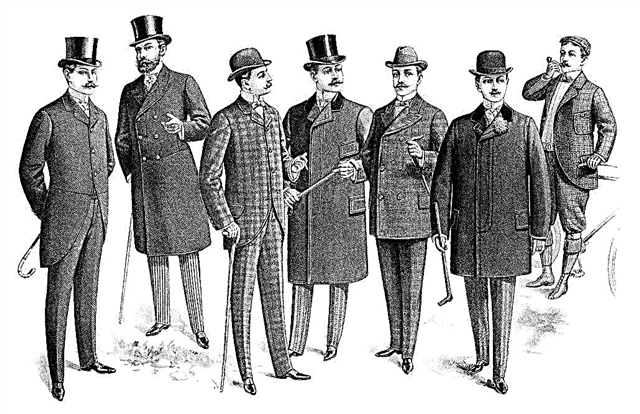
“But” is a Japanese drama theater with a long tradition. In this area, the actors have no speech, the game consists of slow movement around the stage, dancing. The word “but” is translated as skill or talent, this is really a difficult direction.
It is believed that the But Theater originated from earlier directions that came to Japan from China. The original directions were practiced in villages and villages, the actors wandered from one village to another, they did not have a permanent scene. Then this art evolved and separated as a separate direction.
The specifics and features of the theater No

Theater performances But associated with dancing, music. Actors move in ornate heavy suits, wear masks. As a rule, stories are built around legends and stories, they are filled with mysticism, spirits, creatures from the other world, and not just people, enter the stage. Traditional scenes are extremely interesting, the theater was oriented towards high society, despite the fact that the previous areas of acting were created for peasants.
Theater But has another important feature - performances take place on strictly defined stages. The scene is always square, with a roof that rests on 4 pillars. One of the sides is blocked by a screen with a pine drawn on it, the other three sides are viewed by the audience. The performance is watched not only from the front side, but also from the side.
Only a man can claim a role in the theater, even if it comes to female roles. There are always only two roles - a good and evil character., Two actors appear on the scene. There are four musicians. There may be a choir of 4-8 people, as well as assistants in black clothes who make props. Masks of actors are made of wood, they allow you to convey emotions through falling shadows when turning, tilting your head.
Work as an actor in a theater But it is extremely difficult, they have been studying this skill for years. But this is one of the Japanese traditions that has been honored for many centuries. The Japanese generally are sensitive to their traditions and try to protect them. But Europeans also have their own interesting traditions, which are also worthy of all attention.
What is a foolish holiday?

Today is World Laughing Day, aka Fool's Day, celebrated on April 1. But it was not always so. In a number of European countries there was an interesting tradition - to celebrate the festival of stupid in the framework of Christmas week. At first glance, this might seem like sacrilege, but such a tradition did exist. This holiday was held merrily, with various playful events, with the obligatory involvement of street actors. Wandering theaters gathered crowds of people, but the festival was not limited to performances. It was a kind of carnival, when crowds of people shouted and roared, everyone dressed up as priests, kings, acted out each other, joked a lot.

Medieval European culture is controversial; street performances and carnivals flourished side by side with piety.This is natural - people had to let off steam, take a break in work, at least for a day forget about the rigid canons of religious beliefs, which were planted very tightly in those days and required detailed execution. On the one hand, carnivals such holidays were condemned by the clergy. On the other hand, local authorities allowed, even encouraged their holding, despite the fact that they knew that the people would ridicule the authorities as well. This approach allowed to reduce the number of peasant uprisings against the government, having rested, the people were ready to continue to endure the peasant share. The ruling party understood this, turning a blind eye to public holidays, giving people the opportunity to relax at least a few days a year.
Each nation has its own traditions. Street and court theaters figured almost everywhere. The tradition of festivities is also relevant for almost all peoples. While the No theater was flourishing in Japan, where the actors played in masks, to music, songs, demonstrating their ability to convey the essence of what was happening with the movement, Europe celebrated Fool's Day, simply relieving the accumulated fatigue, negativity.












